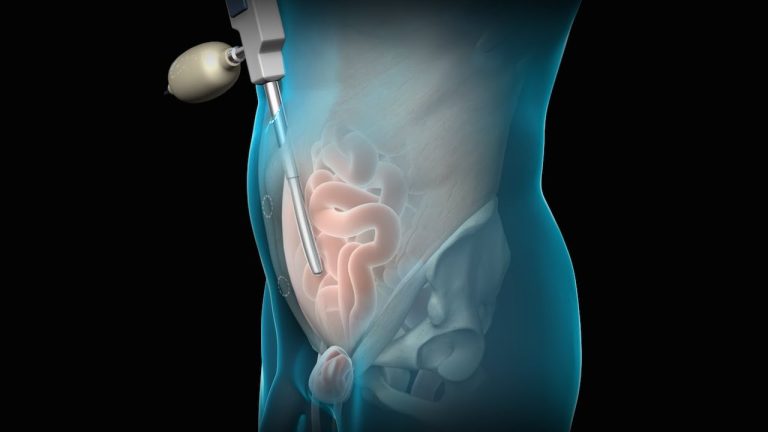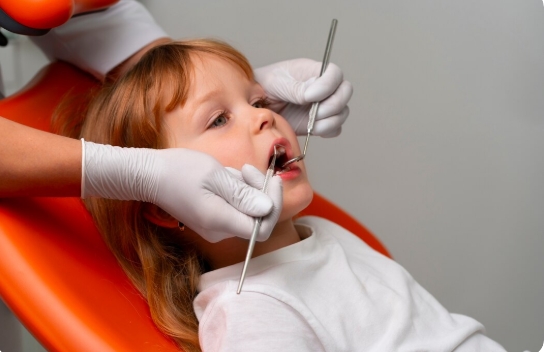
The Camp Lejeune water contamination scandal has left an indelible mark on the lives of countless veterans and their families. The physical ailments caused by the toxic exposure have been very well-documented. However, the long-term mental health consequences are often overlooked.
In this blog post, we aim to shed light on the psychological impact of the contamination, exploring the profound betrayal felt by those affected. We will also talk about the ongoing struggle to cope with the aftermath.
Table of Contents
The Psychological Impact of Betrayal
What do you do when you come to know that the cancer growing in your body is a result of your years of loyal service to the nation? It is bound to trigger feelings of betrayal, anger, and helplessness.
For those who served in combat, the psychological impact is particularly complex. The trauma of war, combined with the betrayal of contamination, creates a dual burden. This accumulated trauma can worsen existing mental health issues, like post-traumatic stress disorder (PTSD).
The psychological distress stemming from betrayal can manifest in various ways. Depression, anxiety, and sleep disturbances are common among affected veterans.
Rebuilding trust and finding a sense of closure can be challenging. According to TorHoerman Law, many veterans feel let down by the institutions meant to protect them. The lack of accountability and delays in addressing the contamination deepen the psychological wounds.
This is even more pressing if you are trying to navigate the complex legal maze in the fight for compensation. Navigating through this process can feel overwhelming, but remember, you don’t have to go through it alone.
If you have suffered from the toxic water at Camp Lejeune, you are entitled to file a Camp Lejeune lawsuit under the guidance of an experienced lawyer.
Let these professionals handle the legal overhead, while you focus on getting your smile back.
Healing from the impact of betrayal requires specialized mental health support. Trauma-informed therapy, which acknowledges the unique circumstances of Camp Lejeune veterans, is gaining a lot of support. Rebuilding trust and fostering resilience are key components of the recovery process.
The Struggle with Chronic Physical Illnesses
The toxic exposures at Camp Lejeune have left many veterans grappling with chronic physical conditions. Coping with a condition such as colon cancer can feel like an uphill struggle.
Add to this, recurring medical bills. Life just keeps getting more difficult.
These persistent health problems often take a toll on mental well-being. Depression and anxiety are common among those dealing with chronic illnesses. The constant struggle to manage symptoms and navigate healthcare systems can be overwhelming. Feelings of helplessness and frustration can contribute to a decline in mental health.
Diabetes and rheumatoid arthritis can have a significant mental health impact. People with these conditions are six times more likely to experience depression.
Moreover, the uncertainty surrounding many Camp Lejeune-related illnesses can be very psychologically taxing. The lack of clear diagnoses or effective treatments can leave veterans feeling hopeless. This ambiguity can contribute to anxiety and a sense of loss of control.
The Ripple Effect on Families and Relationships
The psychological burdens of Camp Lejeune water contamination extend beyond veterans, impacting families through a ripple effect. Caregiver stress and burnout can elevate mental health risks for spouses and children. Moreover, communication breakdowns exacerbate tension and lead to higher divorce rates.
Children of exposed veterans are particularly susceptible to emotional distress. They are prone to experiencing behavioral problems due to the altered family dynamics.
In recognition of this widespread impact, comprehensive mental health support encompassing not just veterans, but also their families and caregivers is crucial. Interventions like family therapy and support groups can foster understanding, strengthen communication, and build resilience within the family unit.
In conclusion, the silent personal battles that many veterans fight each day can impact their willpower and zeal to live. Not many would want to talk about their depression or PTSD openly. Talking about mental health issues is still considered a stigma in many families.
Support groups can provide a vital lifeline. The Veterans Administration (VA) offers resources and may connect you with local groups. The Camp Lejeune Family Member Program (CLFMP) advocates for affected families and might have support group information.
Military charities like the Wounded Warrior Project often connect veterans with support networks. Consider exploring reputable online forums focused on Camp Lejeune or veterans’ health for additional resources.
No amount of medicine can do any good if a person is rotting from the inside. It is our duty as a society to provide veterans with a safe space where they feel heard and accepted.







